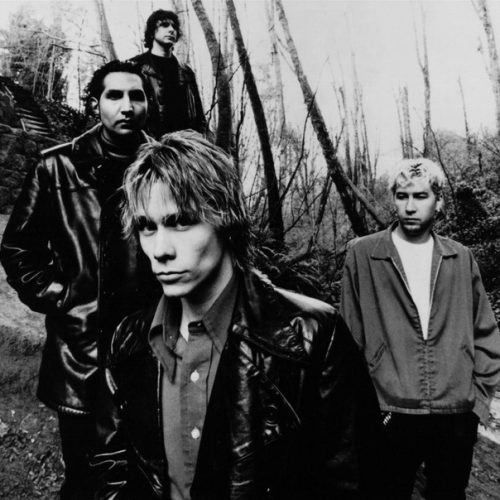“Sing what you know about.”
This well-established trope has been central to musicians’ integrity, creative flow, and authenticity for a century. Freddy Mercury did it (even if the audience didn’t know it at the time,) Lead Belly did it (even when it meant writing and performing a song for a Texas governor, in hopes of a pardon for the attempted murder, twice,) and it’s been the rule of thumb for practically every musician in between.
In May of 1998, little-known Spokane, Washington band The Mayfield Four, has just released their sophomore LP, The Fallout. The wave of Washington bands has crested and fallen, but the dilution of ‘rock’ music has yet to fully encapsulate the industry.
The album at times cuts like a chainsaw, with sporadic offerings of straight radio-rock ballads interspersed. Good? Yes, thanks to vocalist Myles Kennedy and the band’s blues-laden introspection and just enough originality to get them airborne. That is, until the closing track, in which they depart rapidly and thoroughly, any memorable moments of the previous 45 minutes evaporating before the listener’s ears like a sonic jet stream.
The band has boldly decided to close their album with a scathing, blistering cover of Marvin Gaye’s “Inner City Blues,” a clear departure from the previous songs as vast as the distance between Detroit and Spokane.
Gaye’s version, released in 1971, completed his triumphant trilogy, following “What’s Going On?” and “Mercy Mercy Me (The Ecology),” with all three songs either summiting or settling into various top-ten positions in crossover fashion within the U.S. mainstream charts.
Despite not penning the lyrics or living the tale, The Mayfield Four vocalist Myles Kennedy (perhaps best known later as the vocalist for Slash Featuring Myles Kennedy and the Conspirators) owns every syllable with the fervor of those had no voice in the late 60s and early 70s.
An intriguing mix of slow funk which evolves into pure, chaotic desperation, Kennedy’s 4-octave range is on full and competent display from the first stanza as he drives the first nail with the concise finger-wag of
Rockets
And moon shots
Spend it on the have-notsMoney, we make it
Before we see it, you take it
A well-heeled jab at the U.S. government’s clouded priorities of the 1960s, where billions were being spent in essentially a track and field race to the moon, while millions of Americans can barely tread the water for which they can’t afford to pay. Perhaps the song’s most poignant moment comes at the bridge, where an exhausted-sounding Kennedy resigns
Hang ups. Let downs
Bad breaks, and setbacks
Natural fact is, even I can’t pay my taxes
Written 53 years ago, it’s safe to say that little has changed. Decades of protests, promises, deaths, lessons ‘learned,’ programs, and ‘progress’ have amounted to sand swiftly falling through the aching, cracked fingers of America’s marginalized inner city residents.
Though Gaye (and, 25 years later Kennedy,) plead in the song’s chorus
Makes me wanna holler
The way they do my life







